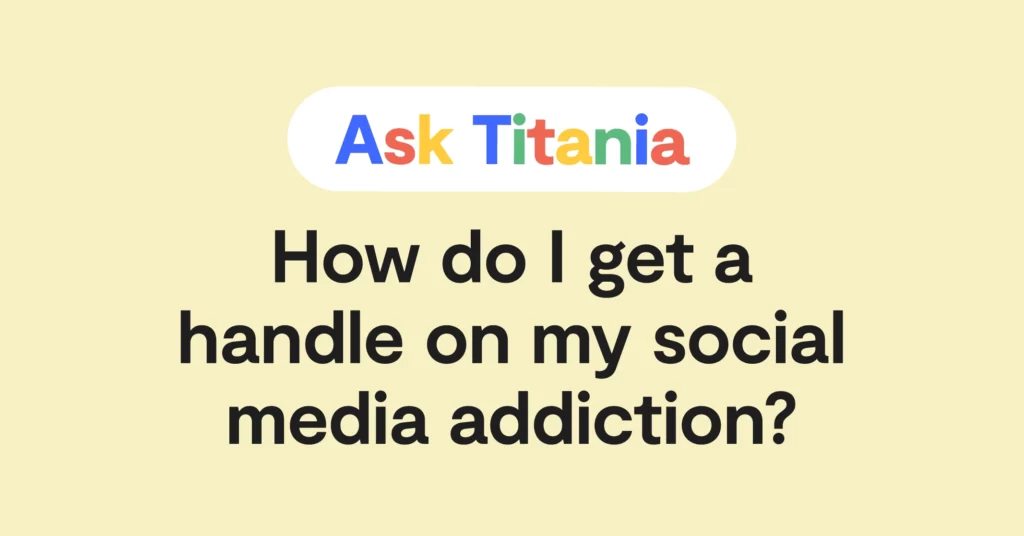
**This blog post was updated on November 29, 2023.**
Whether your teen has already started dating or you’re just trying to prepare yourself for the inevitable, you’re in the right place! Teen dating can be an exciting time for kids and a pretty stressful time for parents, so a little extra help can do wonders for your entire family. A teen’s first relationship can be a big part of growing up, and it often comes with highs, lows, and everything in between. As a parent, your support can mean the world — it can also help guide them and keep them safe as they navigate the world of romantic relationships.
Teen Dating: How It’s Different Today
As you can probably imagine, cell phones and social media have completely transformed Gen Z dating (and, well, almost everything). Let’s jump into a few of the most important:
Getting info about your crush is easy
In the past, you’d have to rearrange your route to third-period chemistry just to catch a quick glimpse of your crush. Today, you can simply pull up their Instagram or TikTok profile to see entire years’ worth of photos and videos (not to mention what their bedroom looks like, where they go on vacation, and what their dog’s name is). The more a person puts on social media, the more you can learn about them. Remember when you found out your crush’s favorite band was Pearl Jam in the ’90s? Yeah, it’s like that — times a million.
Flirting can happen online
There’s a subtle dance to online flirting today that is way different than casually chatting on AOL Instant Messenger about homework. It can start with following your crush on a social media platform, then liking their photos. Next, you can start commenting, and see if they reply. You could then “slide into their DMs” and begin privately messaging. One very modern trend is “deep liking.” This happens when you scroll back months — or even years — on someone’s feed and then like an old photo. This is a simple but bold way to let someone know you’re interested in them.
Sexting happens — a lot
For our generation, sending naked photos wasn’t really a thing (unless someone had a Polaroid, and even then, the photos couldn’t be shared instantly). But things have changed for Gen Z. According to JAMA Pediatrics, 1 in 4 kids is sexting. Why such a cultural sea change? The answer is 24/7 access to devices — along with surging hormones, intense peer pressure, and still-developing prefrontal cortexes. This doesn’t make it safe, however. Even if both teens are underage, sexting laws can carry serious legal consequences, so make sure you talk to your kid about the dangers. We also have a blog post that provides help if your child is sending nudes.
Gen Z Expressions & Dating Slang You Should Know
It's important for parents to keep up with the ever-evolving landscape of Gen Z expressions when it comes to dating. Here are a few key terms to know. (If you’re interested in even more teen slang, we have an entire blog post about it!)
Talking — Used when two teens are in the very early stages of a relationship.
Ghosted — Ending a relationship by completely disappearing with no further communication.
Cuffing season — The cold-weather time of year around the holidays when people want to be in a relationship.
DTR — Stands for “Define the relationship”; used when two people who are talking decide to formally address their situation.
DTF — Stands for “Down to f*ck”; or willing to engage in sexual activity.
Slow fade — Like a slower version of ghosting; when a person gradually takes more and more time responding to messages, thus ending the relationship.
How to Support and Encourage Your Child in a Relationship
- First and foremost: listen to your child about their feelings. Even if you may disagree with the idea of young love, your kid probably feels strongly right now. Being dismissive may drive them away, and you probably want them to come to you in the future with any issues.
- Discuss what’s important and accepted in your family when it comes to healthy relationships.
- Talk about the importance of balance in a relationship, especially if your child is spending too much time with one person.
- Be a good role model in your own relationships. Describe how you feel loved by your partner and how you express love.
- Use relationships you see in TV shows and movies as teaching moments to talk about healthy and unhealthy dating examples.
What to Do If Your Child May Be in an Unhealthy Relationship
Like adult relationships, teen relationships have the potential to be abusive. If you’re worried that your child may be involved in an unhealthy situation, it’s important to know the signs.
Signs a relationship may be abusive
- One of the teens is very controlling
- Extreme jealousy
- Isolation from friends and family
- Bruises and/or injuries that can’t be easily explained
- Loss of interest in activities the teen previously enjoyed
- Sudden changes in behavior
- Decrease in academic performance or grades
- Extreme changes in the teen’s personality around the partner
- Frequent arguments
- One teen demands the other’s passwords to email and social media accounts
Helpful resources
Love is Respect is a website made for young people that provides resources and support for relationship questions. There’s also the National Teen Dating Abuse Helpline (1-888-293-6118), which provides a 24-hour national web-based and telephone hotline to assist teens experiencing dating abuse.
What to do if you think your child is in danger
- Contact the authorities if you believe they’re in physical danger.
- Reassure your child that nothing they’ve done is their fault.
- Tell your child you love them.
- Keep a record of any threatening texts, emails, or DMs.
Gen Z Dating: More Serious Issues to Talk About
Your child entering the world of dating can be scary not only because it’s a huge change for your family. There are also potential dangers that you’ll need to discuss and help prepare them for, even if some are uncomfortable to talk about.
Consent
Consent is all about boundaries, and it can apply to everything from text messaging to physical contact. It’s essential that your child knows to treat other people’s bodies with respect and to demand the same in return. No matter how old your kid is, an age-appropriate conversation about consent will equip them for a wide range of experiences they may have while dating.
Sexual assault
No parent wants to imagine that their child may ever experience something as traumatic as sexual assault, but it’s more common than you may think. Come up with a plan for what your child should do if they ever find themselves in an uncomfortable situation, and let them know that it’s OK to tell someone “no” in response to a sexual request, even if they’re worried about offending them. Our sexual assault and awareness blog post provides extensive information and resources to learn more about this important topic.
Read more
Bark helps families manage and protect their children’s digital lives.





